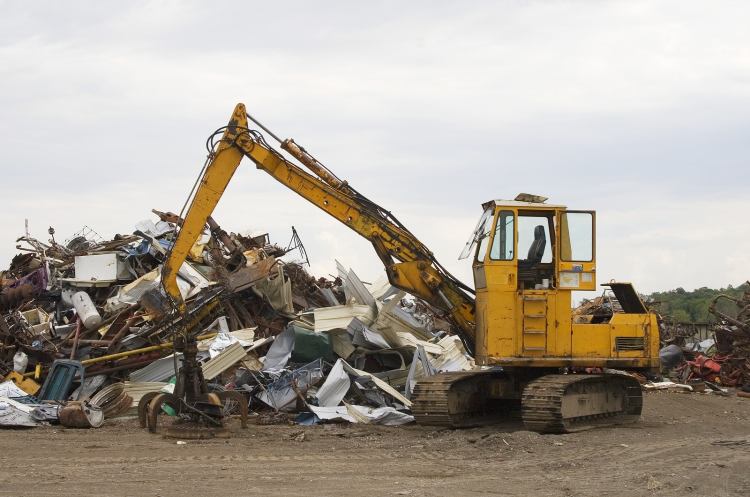
FEB 13, 2022
Do’s and Don’ts of Scrap Metal Recycling
Scrap metal recycling alludes to the recuperation and handling of recyclable metal materials from end-of-life items and constructions so they can be once again introduced as natural substances for the creation of new merchandise. Scrap metal can be ferrous or non-ferrous. Ferrous refers to both iron and steel. Nearly all ferrous metals are magnetic. Some common ferrous metals include alloy steel, carbon steel, cast iron, and wrought iron. Non-ferrous metals do not contain iron. They are more malleable than ferrous metals. Some non-ferrous metals include aluminum, copper, lead, zinc, and tin.
There are several rules you should follow throughout your scrap metal recycling task. If you learn these and use them, they will help make your scrapping easier.
Do’s
- Do separate your metals. Separating your metals by type makes your process easier. Scrap metal buyers will appreciate you separating the metals beforehand so there’s less work for them and might even pay you more.
- Work with trusting buyers. Simply leave… that is a word of wisdom assuming you at any point find under any condition the yard you are utilizing falsehoods, cheats, or takes their direction to productivity. What might be a triumph for them today, will prompt fewer clients tomorrow.
- Get to know who you’re working with. Your scrap metal buyers should be trusted individuals that you can rely on and have a respected relationship with. They shouldn’t be someone who dismisses or cheats you, but someone that will do proper business with you.
- Clean your scrap. This slightly falls under the separation method. When you strip down your metal into individual-specific metals, they can be placed into separate groups and can likely earn you more money.
- Keep your scrap in a safe place. Assuming you have a lot of important salvaged material at your home or business, you should ensure you keep it in a protected spot where you can carefully guard it. Machinery and other important metal things are frequently taken by individuals who are very much aware of the cash that can be produced using while scrapping.
Don’ts
- Don’t label your scrap incorrectly. It's essential to ensure that the salvaged material you think you have is really that specific metal, if not you could be frustrated when you get a lower cost than what you were anticipating. There are different tests you can do to accurately distinguish your scrapped material, for example, the magnet test and spark test.
- Don’t collect scrap illegally. Ensure you make yourself mindful of the relevant state and nearby board regulations and guidelines. You could see some type of scrap somebody has tossed out or left on their curb for assortment and figure you could sell the metal parts. Nonetheless, assuming taking things that are forgotten about are restricted in your space, you could wind up confronting a weighty fine.
Now that you have learned the do’s and don’ts of scrap metal recycling, we hope you have a great experience. We recommend you pick RCM recycling for your next scrapping. Follow these rules and you should stay out of trouble.

